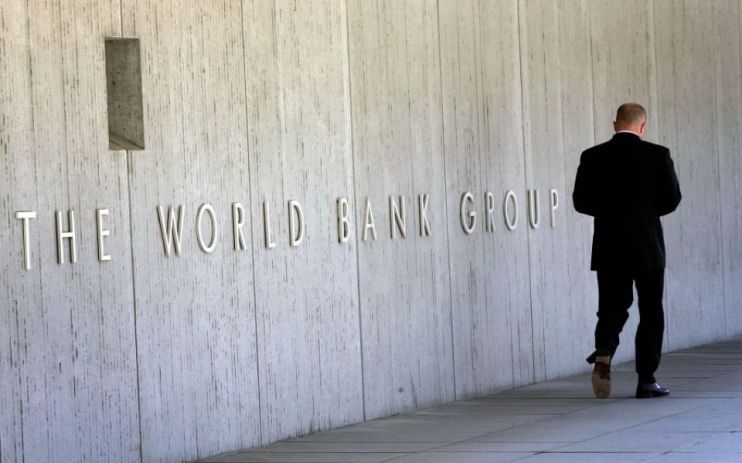World Bank: How the global economy can avoid ‘a decade of wasted opportunity’

Global growth is expected to slow for the third year in a row in 2024, as the higher cost of borrowing and geopolitical tensions weigh on the global economy.
The slow performance this year means the global economy is on track for its slowest half-decade of GDP growth in 30 years, according to the World Bank’s Global Economic Prospects report.
Although the risk of a global recession has receded, largely thanks to the strength of the US economy, many developing countries face a bleak medium-term outlook.
Tighter financial conditions, the slowdown in China and weak global trade are all weighing on growth.
The report, which focuses mainly on the performance of lower-income and developing countries, noted that global trade growth this year is expected to be just half of the average in the decade before the pandemic.
A potential escalation of conflicts in Ukraine and the Middle East also provides a significant downside risk, the Washington-based institution said.
“Without a major course correction, the 2020s will go down as a decade of wasted opportunity,” Indermit Gill, the World Bank Group’s chief economist and senior vice president, said.
He warned that the 2020s had been a decade of “broken promises” with politicians failing to make enough progress on lofty targets, such as ending poverty and protecting the planet.
“Near-term growth will remain weak, leaving many developing countries—especially the poorest—stuck in a trap: with paralyzing levels of debt and tenuous access to food for nearly one out of every three people.”
The forecasts show that developing countries are projected to grow at just 3.9 per cent this year. This is more than one percentage point below the average of the previous decade.
To make progress on development issues and to tackle climate change, developing countries will have to deliver a “formidable increase” in investment of around $2.4trn per year.
Developing economies “reap an economic windfall” when they can accelerate per capita investment growth to four per cent and sustain it for over six years.
However, per capita investment growth in developing countries is expected to average just 3.7 per cent between 2023 and 2024 – a little over half the rate of the previous two decades, the report said.
The World Bank said it was vital that developing countries were able to deliver meaningful investment packages within effective fiscal frameworks.
“Investment booms have the potential to transform developing economies and help them speed up the energy transition and achieve a wide variety of development objectives,” Ayhan Kose, the World Bank’s deputy chief economist and director of the Prospects Group, said.
“To spark such booms, developing economies need to implement comprehensive policy packages to improve fiscal and monetary frameworks, expand cross-border trade and financial flows, improve the investment climate, and strengthen the quality of institutions,” he continued.